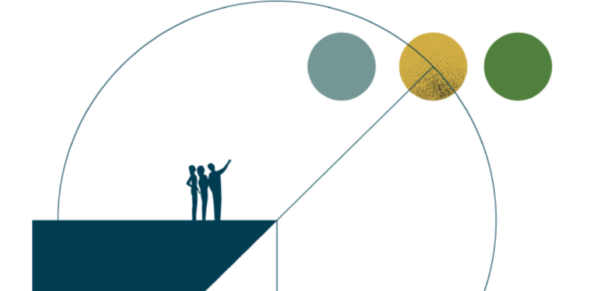Night School Summer 2021: International Investing

For many years, most U.S. investors invested only in U.S. companies on U.S. exchanges. And why not? The United States was the dominant economy, had the most important stock market, and the most sought-after currency. Its financial markets were the largest in the world and the easiest in which to trade. Participation in growth and economic diversification in other parts of the world could be gained through investing in U.S.-based multinational companies, which had substantial operations abroad. Clean Yield shared this view for many years. Even if there were intriguing companies overseas, it was impractical to buy shares in foreign markets, convert the currency, and accurately price the shares into U.S. dollars on an ongoing basis.
ADRs increase accessibility
American Depository Receipts (ADRs) changed that. ADRs are shares that are priced in dollars and traded on U.S. exchanges, but they represent foreign companies that are traded in other markets around the world. ADRs have allowed U.S. investors to invest in leading foreign companies with relative ease.
Benefits of looking beyond borders
Adding international stocks to a portfolio provides diversification from different economic conditions, government policies, and other factors outside of the United States.
The are compelling corporate social responsibility reasons for investing outside the United States, particularly in Europe. European companies have historically been far ahead of those in the United States in promoting progressive policies, such as embracing inclusive workplace practices, taking aggressive climate action, and providing better financial disclosure.
Rethinking our home bias
Over the past couple years, Clean Yield has shifted client portfolios toward international stocks. After years of lagging returns versus the U.S. market, European stocks offer much more attractive valuations than U.S. stocks.
In contrast, the U.S. market is the most expensive on record.
Unlike the current household favorites (Facebook, Amazon, Apple, Netflix, Google, and Microsoft), many European stocks are less known or less popular—which means to us they can offer more value or upside potential. Two recent examples of international Clean Yield purchases are Nomad Foods, a frozen food company, and Accell, Europe’s leading manufacturer of e-bikes. We think there are likely to be much better opportunities with stocks like these than buying the dominant U.S. favorites.
The currency conundrum
One caveat for investing in international stocks is that owners of ADRs are subject to fluctuations in currency exchange rates. This not only affects the U.S. dollar value of operating profits of foreign companies, it also affects the share price and dividends of foreign stocks when converted to U.S. dollars.
Currency fluctuations cut both ways. When the value of the dollar rises versus other currencies, that is negative for foreign stock returns to U.S. investors. The price of a stock on a foreign exchange (and its dividend, if any) in a country with a depreciating currency becomes worth less (fewer dollars) to a U.S. investor. Conversely, when the U.S. dollar falls versus other currencies (as it has for the most part since March of 2020), the stock price and dividend of a foreign stock becomes worth more when converted into U.S. dollars.
It is necessary, therefore, for an investor in international securities to have some idea of the likely direction of the dollar. Our view is that after the weakness over the last 17 months, the dollar is likely to have a bounce, which could negatively impact returns from international investments in the near term. Over the longer term (and we are long-term investors) we think the dollar has fundamental challenges that could be beneficial to U.S. investors with international investments. The standing of the United States around the world took a major hit during the Trump administration. Unprecedented levels of budget deficits, debt, and government dysfunction—and the rise of China—have created a seismic change and it’s unclear whether confidence will return. This is also reflected in the U.S. dollar, which some foreign central banks and investors have begun diversifying away from. Our international investments will benefit from these headwinds and could serve as a hedge against long-term challenges for the dollar.
In sum, we think that especially at this late point in the market cycle, international stocks can be timely additions in a world that has few bargains.
More News & Insights
A New Kind of Meat
Through Clean Yield’s U.S. Sustainable Investment Forum membership, Liz Levy attended a meeting to gain insights on the emerging cultivated meat industry.
Stock Profile: SoFi Technologies
SoFi Technologies, originally named Social Finance, Inc., by its founders, contributes positively to financial inclusion and social well-being by expanding access to affordable financial services through its digital-first platform.
Quarterly Market Outlook: January 2026
As we enter Q1 2026, Clean Yield’s Liz Levy provides a review of what happened in Q4 2025, what we are watching this coming quarter, and how we are positioning our clients for success.


